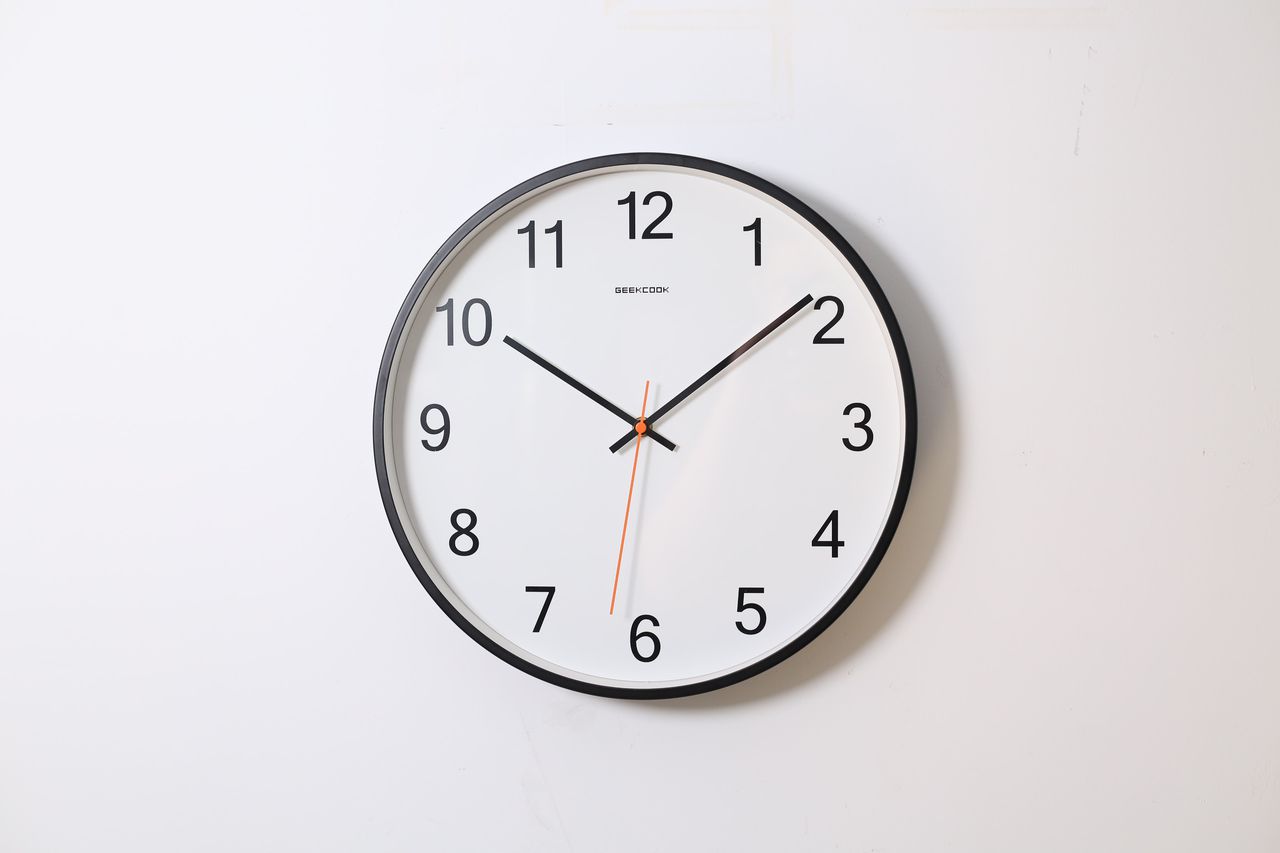‘Spring forward:’ Daylight saving time starts this weekend
It’s almost time to spring forward.
Daylight saving time begins on Sunday, March 12 at 2 a.m. The change to DST pushes the clock up one hour to move more daylight into the evening and while automatically adjusting cell phones and smart devices have made the practice easier, “springing forward” will have many people moving their clocks ahead one hour before bed on Saturday night, March 11, essentially “losing” an hour of sleep.
Daylight saving time begins on the second Sunday in March each year and ends on the first Sunday in November. In 2023, the second Sunday of November falls on Nov. 5.
Risks of DST
While changing clocks continues to be hotly debated, there are some risks. Sleep experts and motor vehicle organizations caution that a shift to darker mornings can heighten the threat of driver-related accidents.
To avoid the issues, sleep experts recommend going to sleep 20 to 30 minutes before one’s usual bedtime in the days leading up to the time change to help your body adjust.
History of DST
A work from Benjamin Franklin is often credited – or blamed – for our twice-a-year clock change.
In 1784, Franklin wrote “An Economical Project,” and somewhat jokingly proposed shifting the time would make it easier to wake up in the morning and cut back on the number of candles being burned in Paris where he was living.
The idea lingered and was adopted by Germany in during World War I to assist in the war effort. Other counties followed, including the U.S. in 1918. The U.S. instituted it again during World War II, though local jurisdictions were free to choose if they wanted to follow DST or not. It was instituted nationwide in 1966 with the passage of the Uniform Time Act.
The Uniform Time Act was amended in 2007 to set the dates for the time change. The act stipulated DST would start each year on the second Sunday of March – it had been the first Sunday in April – and go back an hour on the first Sunday in November instead of the last Sunday in October.
The change had the net effect of lengthening the time DST is observed.
